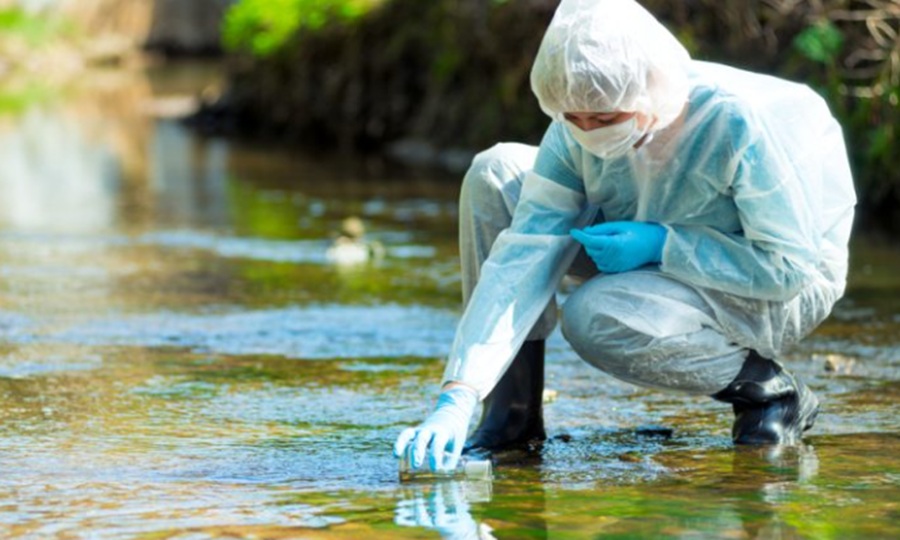Environmental crime in Italy rose sharply in the past year, with over 40,000 offences recorded, according to Legambiente’s Ecomafia 2025 report released Thursday. The association said that criminal activity linked to environmental damage increased by 14.4% compared to 2023, with 40,590 crimes logged between May 2024 and April 2025, an average of 111 offences per day, or 4.6 every hour.
Organised crime groups, known collectively as ecomafias, are behind much of the illicit activity. Legambiente estimates environmental crime now generates around €9.3 billion annually for criminal networks.
Crimes connected to illegal construction, public contracts and waste management remain widespread. The cement industry was the most affected sector, with 13,621 offences, a third of all cases. Crimes in the waste supply chain, including illegal landfills and trafficking, rose by 19.9%, following an already steep 66.1% jump the previous year.
The report also highlights growing corruption in environmental public contracts. Between May 2024 and April 2025, authorities investigated 88 cases involving suspected bribes linked to services like waste disposal and purification. This marked a 17.3% increase over the previous year. Some 862 individuals were reported, up more than 70%.
Also read: Italy failed to protect residents in ‘Land of Fires’
Crimes against animals
Other areas of concern include crimes against animals—ranging from poaching and illegal fishing to the trade in protected or domestic species—which rose to over 7,200 offences. Plus, crimes against cultural heritage, including the theft and falsification of artworks and unauthorised excavations, which increased by 23.4% to nearly 3,000 cases.
Since 1995, Legambiente estimates that illicit environmental activity has generated a combined turnover of more than €269 billion.
The report paints a detailed picture of how environmental criminals operate, the corruption that supports them, and the impact on Italy’s natural and cultural assets. It also calls attention to the legacy of past failings, notably the unsolved case of Commander Natale De Grazia, who died in 1995 while investigating illegal toxic waste trafficking in the Mediterranean. Legambiente dedicates this year’s edition to his memory.





